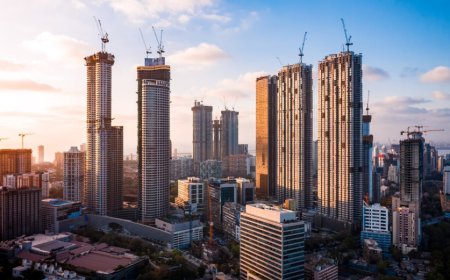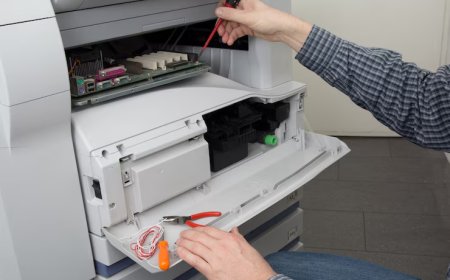The Rise of Biodegradable Products in London: A Green Revolution in the Capital
In the bustling heart of the United Kingdom, London has long been a leader in cultural trends, innovation, and sustainability efforts. Among its most encouraging environmental movements is the growing adoption of biodegradable products across industries and everyday life. With increasing awareness of climate change, plastic pollution, and the need for a circular economy, Londoners are now embracing biodegradable alternatives that help reduce their ecological footprint.
What Are Biodegradable Products?
Biodegradable products are made from natural materials that decompose safely and quickly in the environment, usually through the action of microorganisms. Unlike traditional plastics that can take hundreds of years to break down, biodegradable materialssuch as cornstarch, bamboo, sugarcane, or paperbreak down into harmless natural elements within a few months under the right conditions.
These products are particularly important in tackling the issue of single-use plastics, which contribute significantly to landfill waste and ocean pollution. From packaging to tableware and textiles, biodegradable options are now available in nearly every consumer category.
Biodegradable Innovations in London
London has become a hub for eco-friendly innovation, with businesses, startups, and government initiatives supporting the shift toward sustainability. Here's how biodegradable products are making an impact in the capital:
1. Retail and Packaging
Many retailers in London are moving away from plastic bags and packaging, opting instead for biodegradable alternatives. Brands like Waitrose, Planet Organic, and Whole Foods Market now offer paper bags, compostable containers, and packaging made from plant-based materials. Eco-conscious boutiques and zero-waste stores across neighborhoods like Hackney, Camden, and Shoreditch also encourage customers to bring reusable containers and purchase goods in bulk.
Startups like Notpla, a London-based company, are developing revolutionary materials made from seaweed and plants to replace plastic packaging. Their products, including edible water pods and biodegradable takeaway containers, have been widely praised and supported by sustainability awards and government grants.
2. Hospitality and Food Services
Restaurants, cafes, and food delivery services in London are increasingly turning to biodegradable products to reduce their environmental impact. Compostable cutlery, plates, straws, and takeaway boxes are now common, especially in eco-friendly eateries and pop-up markets. Food chains such as LEON, Pret A Manger, and Itsu have also introduced biodegradable or compostable packaging to align with sustainability goals.
Some companies, like Vegware, specialize in providing compostable catering disposables made from renewable or recycled materials. Their products are used by hundreds of cafes and event caterers across London.
3. Events and Festivals
Sustainability is also becoming a central theme in Londons vibrant event scene. Many festivals and public gatherings now require vendors to use biodegradable or compostable materials. Events like the London Coffee Festival and Lovebox have introduced green policies that ban single-use plastics and promote eco-conscious alternatives.
Additionally, eco-events and green expos often feature stalls showcasing biodegradable productsfrom eco-cleaning supplies to sustainable fashioneducating consumers on the importance of mindful consumption.
4. Government and Local Authority Initiatives
The City of London Corporation and Greater London Authority have implemented measures to reduce single-use plastic waste across public services and promote sustainable products. Several borough councils have launched composting schemes and green procurement policies that prioritize biodegradable materials.
In 2021, the UK government announced plans to ban certain single-use plastic items, such as cutlery and polystyrene containers, which has further accelerated the demand for biodegradable alternatives in London.
Challenges and Considerations
While biodegradable products offer a more sustainable solution, they are not without challenges. One common issue is composting infrastructuremany biodegradable items require industrial composting facilities to break down properly, which are still limited in some parts of London. As a result, some biodegradable products may end up in landfills, where decomposition is much slower.
Education is also key. Not all biodegradable items are the same, and consumers need clear labeling to distinguish between compostable, biodegradable, and recyclable products. Encouraging correct disposal is vital for the system to work effectively.
A Greener Future for London
The growing availability and use of biodegradable products reflect a broader cultural shift in London toward sustainability and environmental responsibility. With continued innovation, public awareness, and supportive policies, the city is well on its way to becoming a model for eco-conscious urban living.
From biodegradable bags in local markets to compostable coffee cups in office buildings, London is proving that small choices can lead to big environmental impacts. As this green revolution gains momentum, the capital is setting an inspiring example for cities worldwide to follow.





























